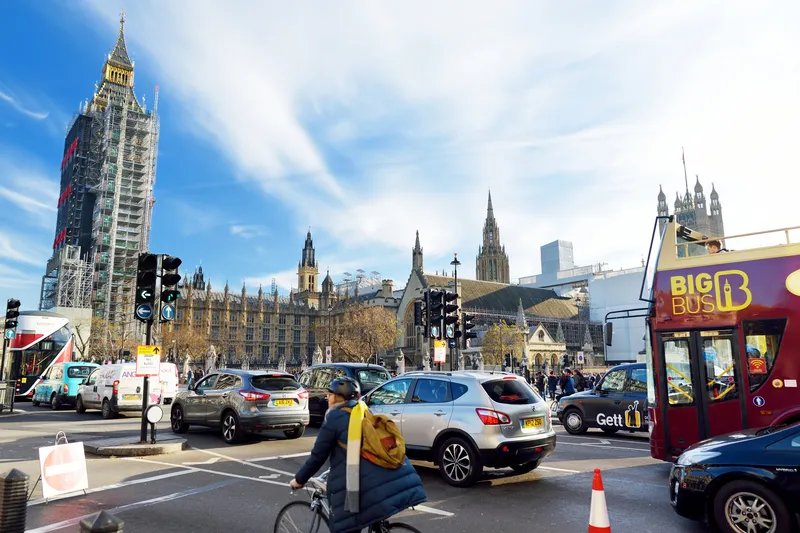Aimsun is to work with Transport for London (TfL) to provide new transport modelling tools for the UK capital’s roads.
The deal with London’s transit authority – announced at Traffex this week - will see Aimsun deliver a static (macroscopic) and dynamic (mesoscopic) model which covers everything within London’s orbital motorway, the M25, encompassing 53,000km of lanes. This includes all of the city’s cycle superhighways.
Aimsun MD Gavin Jackman admitted the project was challenging, but says that it ha
April 4, 2019
Read time: 1 min
The deal with London’s transit authority – announced at
Aimsun MD Gavin Jackman admitted the project was challenging, but says that it has the potential to give transit planners greater flexibility and the ability to respond more quickly.
The company will convert TfL’s London One Model into Aimsun Next software to create an integrated model, it says.








